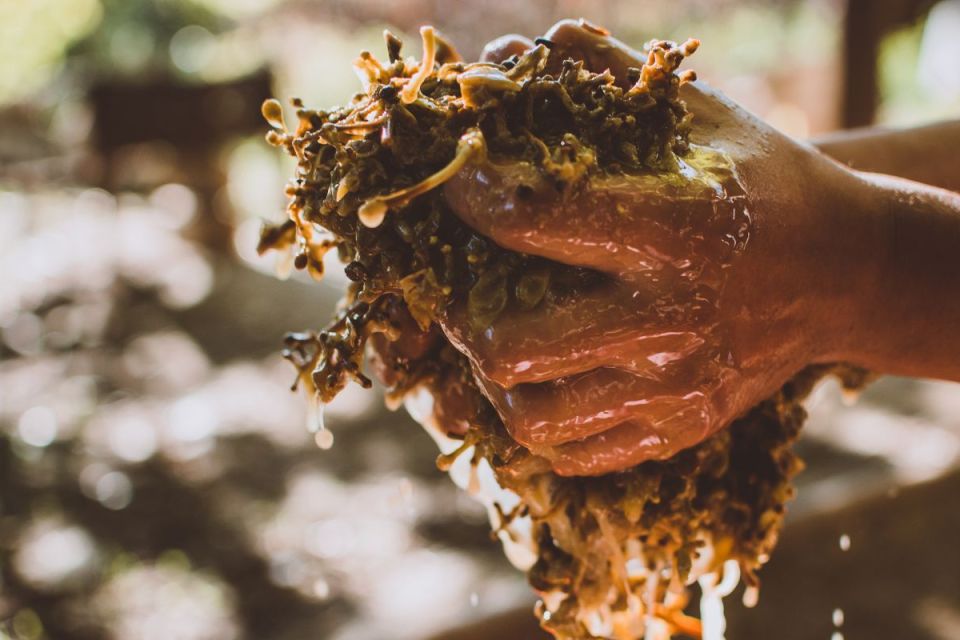Your Mini Basket
Skin-contact wine, or orange wine, is white wine that has gained a darker, deeper colour due to the contact of the fermenting juice with the grape skins. This is the same process used in red wine making and gives the wine colour, flavour and texture.
The process for skin-contact wine involves crushing white grapes and leaving them in contact with their skins for days or even months, depending on the desired intensity. Because the colour pigments are found in the grape's skins, this gives the wine an orange hue.
Skin-contact wines have a long history. They first appeared in Georgia thousands of years ago, and were still made in Italy up until the 1960's when this wine making process then fell out of fashion as more fresh white wines dominated the market. They are now making a comeback, largely as part of the natural wine movement.


